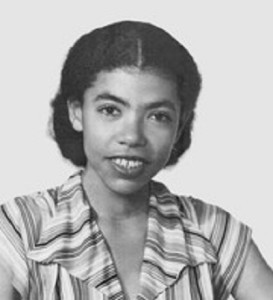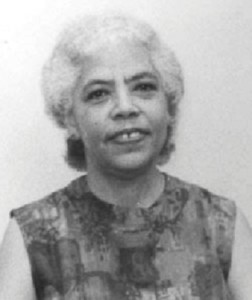
Elsa Goveia’s 1956 publication, “A Study on the Historiography of the British West Indies to the End of the Nineteenth Century” is considered the “first substantial work” to study the writing of Caribbean history.
She is celebrated as a pioneering Caribbean history research and teaching individual, and acclaimed for her “sensitivity to the racism of the time”: writing to provide a balanced appraisal of historical studies once usually conducted by whites only.
Elsa Vesta Goveia was born April 12, 1925 in the former British Guiana, one of two daughters. Mixed with African and Portuguese heritage, she was described then as “coloured”.
At the time when only a minority of non-whites of the former colony could benefit from anything higher than an elementary education, Elsa won a scholarship to St Joseph’s High School, Convent of Mercy, in Georgetown, and matriculated with her Higher Level Certificate.




